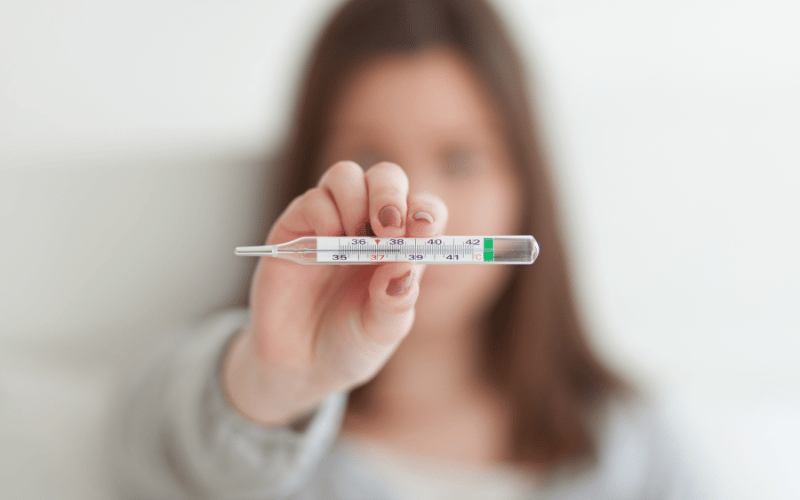Symptom 9: Fever

Fever, often deemed the body’s natural thermostat gone awry, is more than just a spike in temperature. It’s a complex physiological response, signaling that the body is at war with an intruder, be it bacteria, virus, or other pathogens. In the context of Spigelian hernias, fever is particularly significant. While hernias themselves might not directly cause a fever, the complications associated with them can. Fever can indicate an infection or severe inflammation around the herniated site, signaling potential complications.
When a hernia becomes strangulated, which means the blood supply to the herniated tissue is compromised, the tissue can begin to die. This necrotic, or dead tissue, can become a breeding ground for bacteria, leading to an infection. The body’s instinctive response to such an infection is to raise its temperature, hoping to create an inhospitable environment for the bacteria. Thus, a fever in a person with a hernia is a significant sign that there might be complications that need immediate attention.
All fevers aren’t created equal, especially in the backdrop of hernias. A low-grade fever that’s persistent can indicate a slow-building infection or inflammation. A high-grade fever, on the other hand, is a more urgent sign, indicating a more aggressive or widespread infection. Moreover, the duration of the fever also offers clues. A fever that doesn’t subside with general fever-reducing medications or lasts longer than 48 hours, especially in the context of a hernia, warrants immediate medical attention.(9)